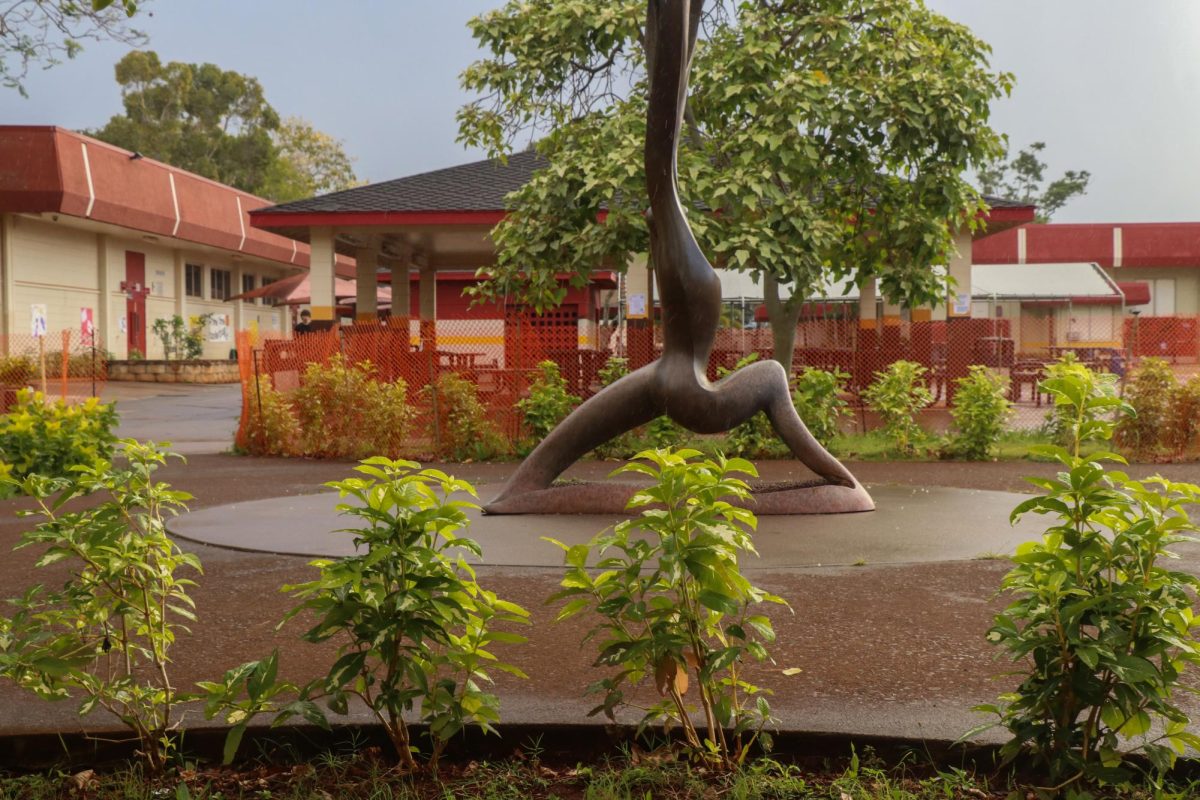Mental health: Raising Awareness On The Issue
February 7, 2020
At MHS, many students find themselves involved in various extracurriculars in addition to school. As a result of balancing these activities, many of these students experience high levels of stress and anxiety, leading to serious mental health problems such as depression and anxiety disorders.
“Having taught for over 13 years, eight years in another district — in those prior eight years, I probably had seen maybe three or four incidences of anxiety and depression over the course of eight years. And so I’ve been in Mililani High School for five years now, and that number is probably somewhere between four, eight per class. So it is drastically higher today than it was in my previous teaching career,” said Advanced Placement Psychology teacher Doug Muraoka.
Progression of technology and social media have contributed to the mental health issues of this generation. Sara Hashimoto, Psy.D., a Mental Health Section Administrator (MHSA) for the Department of Public Safety/Health Care Division, believes that there has been a shift in the challenges that today’s youth face in comparison to previous generations, making mental health issues more common today. “Kids are heavily scheduled, families spend less meaningful time together and there is an overemphasis of creating a distorted illusion of what is ‘real’ and valuable on social media,” said Hashimoto.
Muraoka added, “My generation had academic success pressures, but I think they manifest themselves differently with today’s teenagers and clearly social media, I think also has an impact on it, because instantly and constantly, teenagers are forced to compare themselves.”
The negative effects of stress and anxiety range in severity and duration. “So stress is sort of undue influences, things that change our state of minds. Stress can be both positive and negative, simple as the butterfly nervous energy that you have before an activity — or stress can be reactions to certain environmental factors such as (a) death in the family or loss of a job or things like that,” said Muraoka.
“Anxiety is more of the fear response that we have or the nervousness that we have around our daily events. So things like getting the sweats, things like a rapid heartbeat. These are the things that cause us to be anxious.”
In comparison to stress and anxiety, the diagnosis of depression focuses more on the way an individual feels, thinks and behaves. Depression is often associated with feelings of sadness and lack of motivation. “Depression is a little bit different (from stress). Depression is a state of mind quite literally where you lose the ability to find joy. There’s different degrees of depression and different levels of depression. But literally it’s how much joy you can bring into your life,” said Muraoka.
While it is common for students to experience minor stress daily, chronically high levels of stress may lead to both physical and mental damage. “So over time, chronic stress can have a lot of impact — simply it’ll change your biochemistry (and) it could affect your sleep patterns. And then there’s this ripple effect where when you don’t get a lot of sleep, your immune system can break down, your attitude changes, your motivation changes (and) your mood changes,” said Muraoka.
However, there are various coping methods to deal with these situations that can be done at home, at school and with other people. “So when it comes to coping, number one first and foremost, find someone to talk to — anybody is better than nobody. I always suggest to students to try and find somebody who has either gone through — somebody older, somebody a little bit more experienced in life — (or) to talk to your friend,” said Muraoka.
“Yale University has a program and their motto around that program is if you could name it, you could tame it. And basically what that means is that if you can understand and name what’s bothering you, you can also tame what’s bothering you.”
Resources in Hawai‘i are available for people suffering with depression and anxiety disorders. If you or someone you know is dealing with any mental health issues, contact the Crisis Text Line Hawai‘i by texting “Aloha” to 741741.



